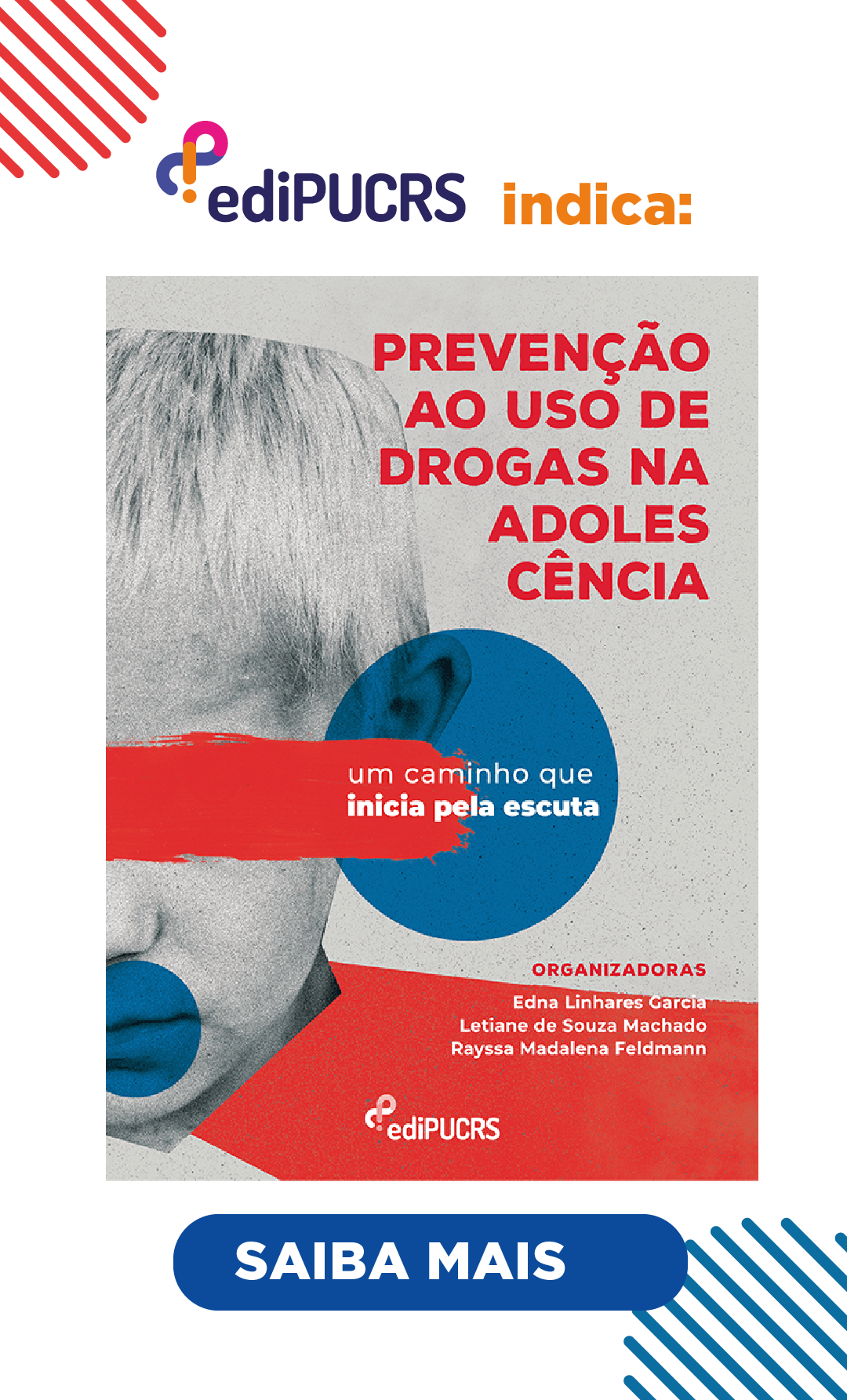The rise of the Workers’ Party to the Presidency of Brazil
an analysis of antagonism in political discourse
DOI:
https://doi.org/10.15448/2178-5694.2023.1.45183Keywords:
Lula, Rise, Workers' Party, Government Programs, Presidency of the RepublicAbstract
The present paper seeks to understand the rise of the Workers’ Party to the Presidency of the Republic of Brazil. It analyzes Lula’s programmatic speeches between 1989 and 2006. In this sense, it encompasses the period of the rise of the Workers’ Party and Lula to the Presidency and his re-election. The research focuses on the discursive construction of the social, economic and political antagonisms in the Government Programs of these elections. Discourse and content analysis was used, seeking to find the constructions of antagonisms between “us” and “them” and how these antagonisms are inserted in the Government Program discourses. Although the literature points to an ideological moderation of the Workers’ Party, this research reveals that the party maintained the use of political antagonism in its discourse. Only antagonism based on economic differentiation was reduced in the period. The logic of the antagonistic speech stopped being used only in 2006, in the re-election candidacy.
Keywords: Lula. Rise. Workers’ Party. Government Programs. Presidency of the Republic.
Downloads
References
Amaral, Oswaldo. 2003. A estrela não é mais vermelha: as mudanças do programa petista nos anos 1990. São Paulo: Garçoni.
Amaral, Oswaldo. 2010. “Adaptação e resistência: o PT no Governo Lula entre 2003 e 2008”. Revista Brasileira de Ciência Política, no. 4 (março):105-34. https://periodicos.unb.br/index.php/rbcp/article/view/1710.
Araújo, Rafael R. Borges. 2021. “Reflexões sobre populismo e democracia no pensamento de Ernesto Laclau e Chantal Mouffe”. Mediações 26, no. 2 (maio/agosto): 347-61. https://www.uel.br/revistas/uel/index.php/mediacoes/article/view/42131/0.
Braga, Maria do Socorro, Bruno Pasquarelli. 2013. “Significados da chegada do PT à Presidência da República: reflexões iniciais”. Ideias 2, no. 2 (setembro): 27-41. https://periodicos.sbu.unicamp.br/ojs/index.php/ideias/article/view/8649314.
Chagas, Juary Luís. 2017. “Da ascensão à queda: gênese, desenvolvimento e decadência dos governos petistas de conciliação de classes no Brasil (2003-2016)”. Trabalho de Conclusão de Curso, Departamento de Serviço Social, Universidade Federal do Rio Grande do Norte. https://repositorio.ufrn.br/handle/123456789/36334.
Fundação Perseu Abramo. 2021. “Centro Sérgio Buarque de Holanda: documentação e memória política”. https://fpabramo.org.br/csbh/.
Meneguello, Rachel, Oswaldo E. do Amaral. 2008. “Ainda novidade: uma revisão das transformações do Partido dos Trabalhadores no Brasil”. Occasional Paper 2, no. 8 (janeiro): 1-25. https://www.researchgate.net/publication/282778970_Ainda_novidade_uma_revisao_das_transformacoes_do_Partido_dos_Trabalhadores_no_Brasil/references.
Mouffe, Chantal. 2013. Agonistics: thinking the world politically. Londres: Verso.
Mouffe, Chantal. 2005. “Por um Modelo Agonístico de Democracia”. Revista de Sociologia e Política 25, no. 11: 11-23. https://www.scielo.br/j/rsocp/a/k5cVRT5zZcDBcYpDCTxTMPc/?lang=pt#ModalArticles.
Mussalim, Fernanda. 2009. “Análise do discurso”. In Introdução à linguística: domínios e fronteiras, organizado por Fernanda Mussalim e Anna Christina Bentes, 101-42. São Paulo: Editora Cortez.
Nogueira, Conceição. 2001. “Análise do discurso”. In Métodos e técnicas de avaliação: contributos para a prática e investigação psicológicas, editado por Eugénia Fernandes e Leandro Almeida, 15-47. Braga: Universidade do Minho. Centro de Estudos em Educação e Psicologia. http://hdl.handle.net/1822/4355.
Oliveira, Augusto N. Corte. 2011. “Os discursos programáticos dos partidos políticos na América Latina: identidade de classe e política econômica”. Mediações 16, 1 (1-6): 201-21. http://www.uel.br/revistas/uel/index.php/mediacoes/article/view/9659. Acesso em: 18 nov. 2021.
Oliveira, Augusto N. Corte. 2019. “Organização e ideologia nos partidos da américa latina: uma aproximação da hipótese de Michels”. Dados 2, no. 1 (junho): 1-38. https://www.scielo.br/j/dados/a/wCRQf7pXDs3Nqysg8S4FkvM/?lang=pt.
Perlatto, Fernando. 2015. “Decifrando o governo Lula: interpretações sobre o Brasil contemporâneo”. Revista de Ciências Humanas 15, no. 1 (janeiro/junho): 256-72. https://periodicos.ufv.br/RCH/article/view/3944.
Pinto, Celi R. Jardim. 2006. “Elementos para uma análise de discurso político”. Barbarói, no. 24 (janeiro-junho): 78-109. https://www.lume.ufrgs.br/handle/10183/217032?show=full.
Ricci, Paolo, Mauricio Izumi, Davi Moreira. 2021. “O populismo no Brasil (1985-2019) Um velho conceito a partir de uma nova abordagem”. Revista Brasileira de Ciências Sociais 36, no. 107: 1-22. https://www.scielo.br/j/rbcsoc/a/nHwmRRJRkWCv7XJVRc3nWsj/?lang=pt#.
Singer, André. 2009. “Raízes Sociais e Ideológicas do Lulismo”. Novos Estudos CEBRAP 85, no. 11 (novembro): 83-120. https://www.scielo.br/j/nec/a/gLqzRSkjs3C8gFgwCQDNWjK/?lang=pt.
Tarouco, Gabriela da Silva, Rafael M. Madeira. 2013. “Esquerda e direita no sistema partidário brasileiro: análise de conteúdo de documentos programáticos”. Revista Debates 7, no. 2 (maio-agosto): 93-114. https://seer.ufrgs.br/debates/article/view/38573.
Veiga, Luciana Fernandes. 2011. “O partidarismo no Brasil (2002/2010)”. Opinião Pública 7, no. 2 (novembro): 400-25. https://www.scielo.br/j/op/a/RVZt67BGCV5TmyrR3MjqR9p/.
Downloads
Published
How to Cite
Issue
Section
License
Copyright (c) 2023 Conversas & Controvérsias

This work is licensed under a Creative Commons Attribution 4.0 International License.
Copyright
The submission of originals to Conversas & Controvérsias implies the transfer by the authors of the right for publication. Authors retain copyright and grant the journal right of first publication. If the authors wish to include the same data into another publication, they must cite Conversas & Controvérsias as the site of original publication.
Creative Commons License
Except where otherwise specified, material published in this journal is licensed under a Creative Commons Attribution 4.0 International license, which allows unrestricted use, distribution and reproduction in any medium, provided the original publication is correctly cited.





